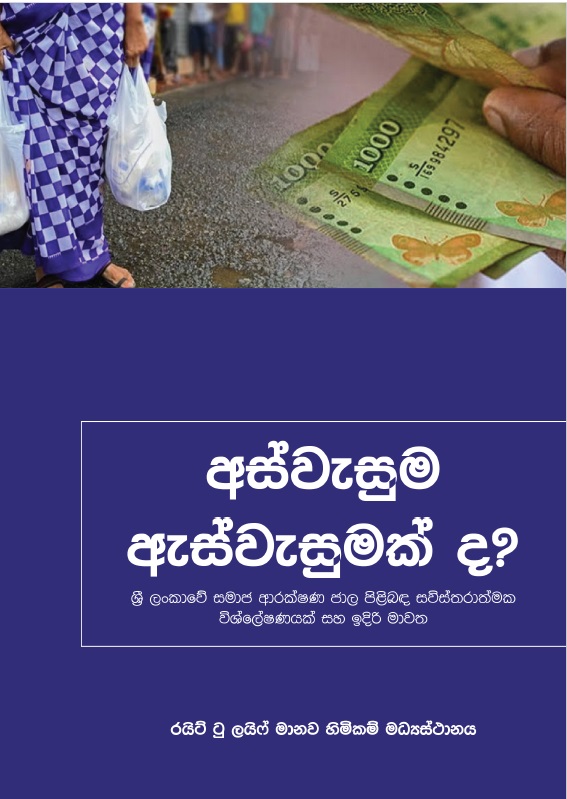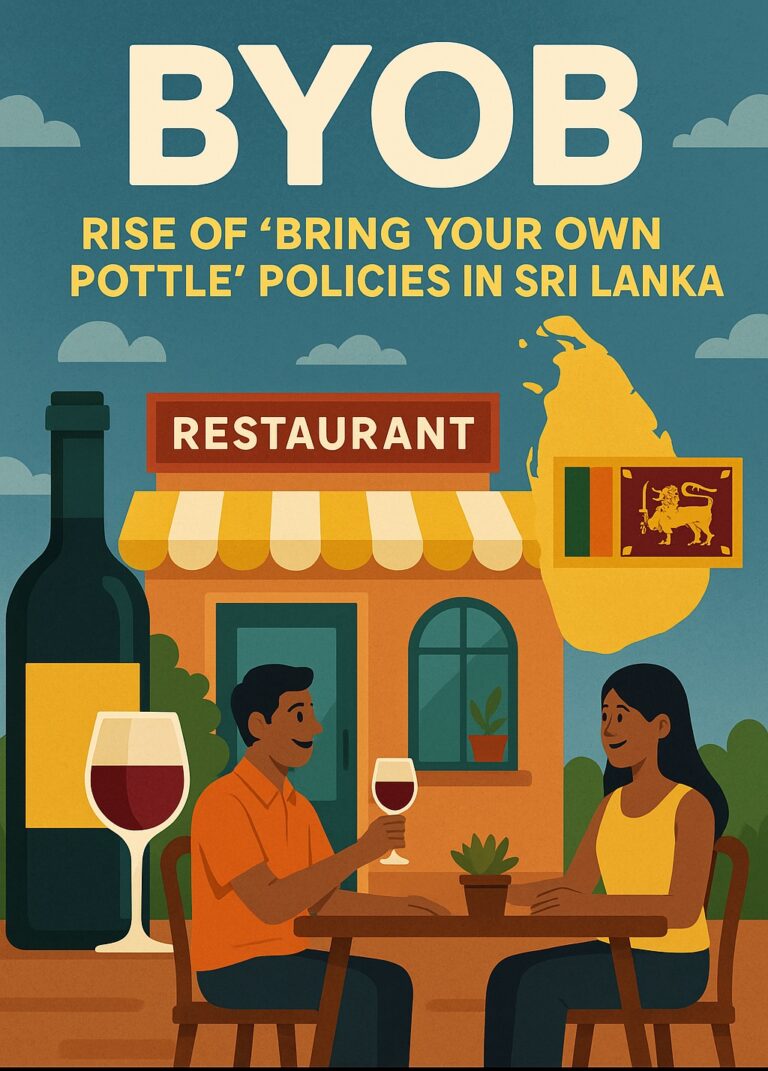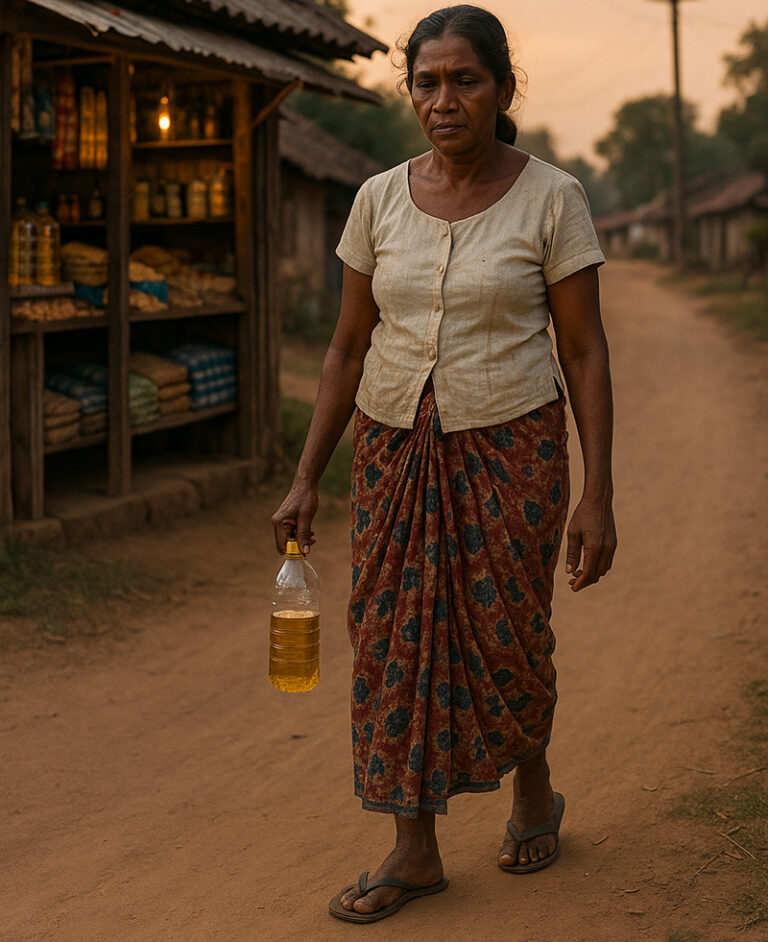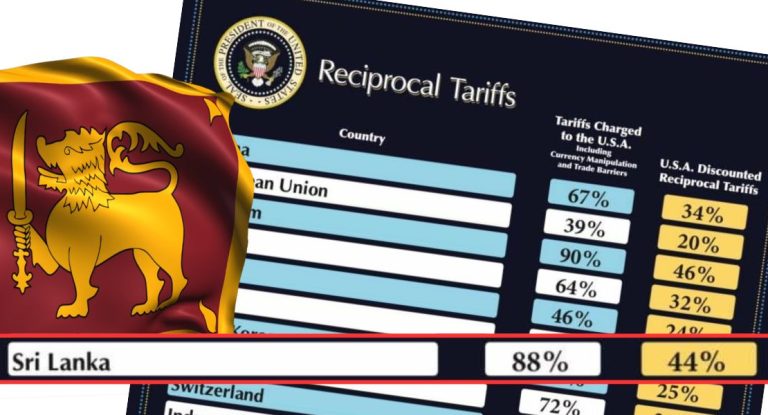Do you remember the time when violence erupted in our country during the peak of the economic crisis in 2022, with houses and vehicles set ablaze and even murders taking place?
Many predicted that the worsening economic crisis would lead to an increase in poverty, which in turn could fuel violence, chaos, and even terrorism. Sri Lanka has experienced such situations before. Both local and international bodies placed immense pressure on the government to strengthen social safety nets to protect the vulnerable.
With the support of the World Bank, the government launched the new Aswesuma welfare benefit program. Despite facing several obstacles, this program, though with shortcomings, has been a step in the right direction.
The Right to Life Human Rights Centre has been monitoring this program from its inception. They engaged in discussions with the public, gathering their opinions, and studying the shortcomings and potential improvements in the social safety nets. They also explored how to minimize dependence on these safety nets and how to uplift the poor through micro-entrepreneurship as an exit strategy from welfare programs.
Drawing from all these experiences, Ajith Perakum Jayasinghe authored a comprehensive report titled Aswesuma: Relief or Deception? Strengthening Sri Lanka’s Social Safety Nets: A Comprehensive Analysis and Path Forward (Download here)
In addition, attorney-at-law Dhanushka de Silva prepared another report titled The Prevention of Terrorism Act in Sri Lanka: History, Context, and Current Use.
Both of these reports will be launched tomorrow morning at the Bandaranaike Memorial International Conference Hall, followed by a discussion. The keynote speakers will be attorney Lakshan Dias and Professor Rohan Samarajiva.
The Aswesuma book is now available in all three languages, and the download link can be found in the first comment.







